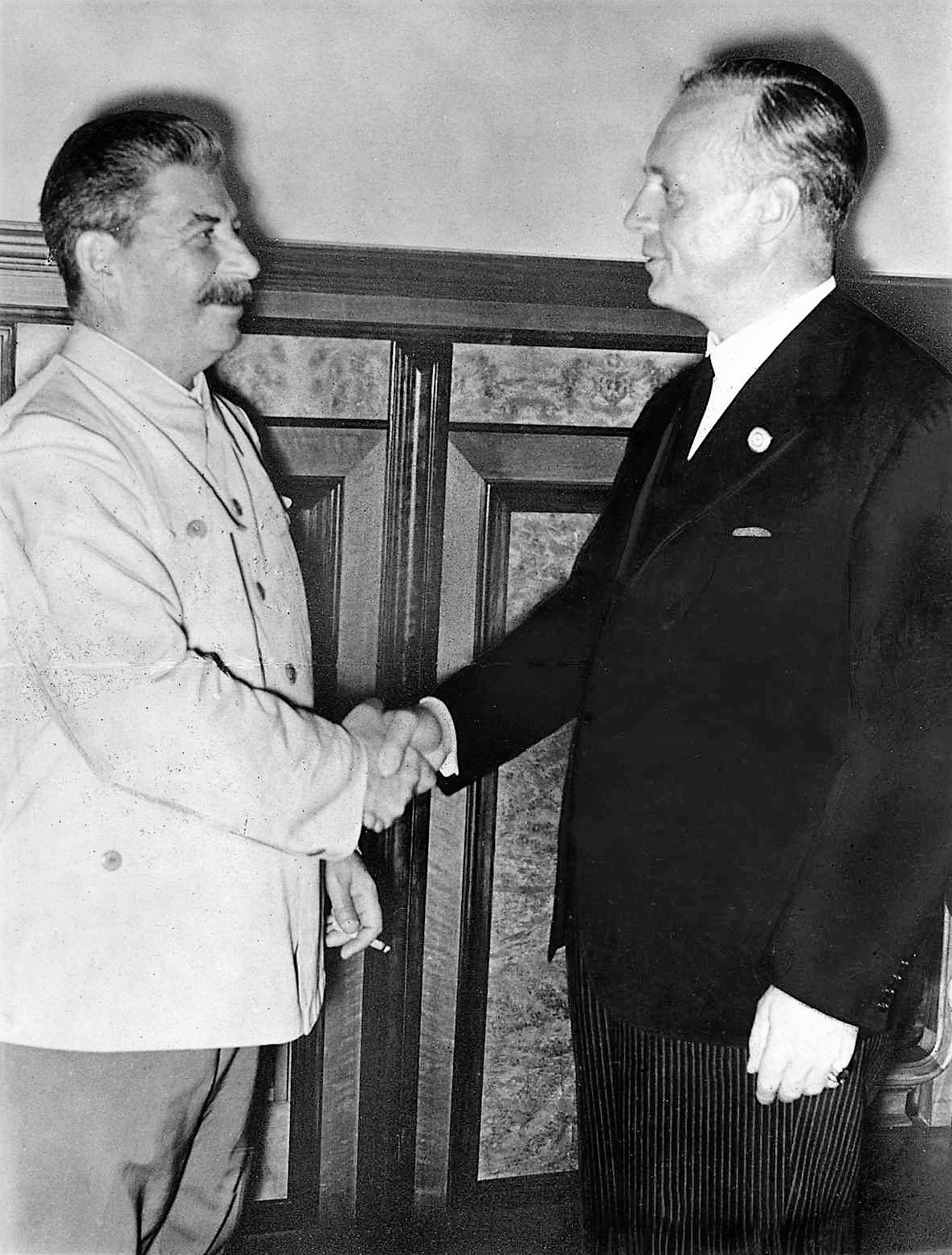"Stalin: The Enduring
Legacy" is a book by Kerry Bolton, a New Zealand fascist. Bolton defends
Stalin, Stalin's protégé Zhdanov and the post-Stalin Soviet Union (until
Gorbachev), but not the original revolutionary regime of Lenin and Trotsky. He
also defends Vladimir Putin's Russia and makes positive references to Alexander
Dugin. Bolton's study is surprisingly well written for a (self-published?)
fringe work, and I read it with considerable interest. Stalin *is* popular
among a whole layer of mostly Russian nationalists and fascists. The so-called
Red-Brown Bloc between Stalin-loving Communists and the far right was a potent
political force in Russia during the 1990's. Bolton's book explains why a
fascist would find Stalin interesting or even worthy of support. During the
mid-1930's, Stalin turned towards Greater Russian nationalism and enacted
several reforms that could be viewed as "conservative", such as the
prohibition of abortion and homosexuality, or the promotion of motherhood
within the traditional family. Bolton quotes Zhdanov's attack on modern art at
length (both Bolton and the Stalinist leader consider such art to be decadent),
and he is positive towards Stalin's pan-Slavism and anti-Semitism. (For some
reason, Bolton never mentions Stalin's rehabilitation of the Orthodox Church
during World War II, perhaps because the conflict between Hitler and Stalin
doesn't fit the author's worldview.)
To Bolton, the United States and the West more generally are the real anti-traditional revolutionaries, while "Communist" Russia really represents a form of organic nationalism incorporating many traditional, conservative structures. Stalin's Soviet Union, but to a large extent also the post-Stalinist Soviet Union under Khrushchev and Brezhnev, was a bastion of resistance against American-Zionist-capitalist globalism. The author supports the "neutralist" stance of the Socialist Reich Party, the original neo-Nazi party in West Germany, which has often been accused of taking money from the Soviets. He also favorably mentions the National Bolsheviks in Germany in the aftermath of World War I.
Bolton's defense of Stalin's regime is pretty far-reaching. He argues that the defendants in the Moscow show trials really were guilty as charged, and that Trotsky probably was on the payroll of British and American intelligence services (or worse). Bolton claims that Trotsky had been a British intelligence asset already during World War I, that he met British "Ace of Spies" Sidney Reilly during the 1920's, and that sensitive material may have been removed from the Trotsky archives. At the same time, the author also seems to accept the old conspiracy theory that Lenin and the other Bolsheviks were really German agents! In general, however, Bolton has a low opinion of Lenin, due to the latter's internationalism, cooperation with foreign "plutocrats" during the NEP, and opposition to Stalin. The fact that Max Schachtman's faction of the Trotskyist movement developed in a pro-American Cold Warrior direction, and that some erstwhile Trotskyists ended up as Neo-Conservatives, is taken as "proof" of the anti-Soviet/pro-globalist character of Trotskyism. The author also argues that Stalin and Zhdanov may have been assassinated, probably by Beria. (It's true that Beria wanted to "reform" the Soviet bloc through a perestroika, but presumably without the glasnost!)
While a few of the author's statements are intriguing (such as Trotsky's supposed covert collaboration with the Allies during World War I), most are conspiracist bunk or just plain wrong. The "official" Trotskyists condemned Schachtman, Stalin's regime didn't stop foreign capital from entering the Soviet Union, etc. However, the main point of the book is the previously mentioned idea that Stalin transformed a Marxist state into something very different, a kind of conservative-nationalist (and anti-Jewish) Russian state. There is a great deal of truth in *this* proposition. To all intents and purposes, Kerry Bolton sees Stalin as a fellow fascist. He therefore joins the long list of Russian "White" émigrés who came to see Stalin as their man, and gloated over his destruction of the Old Bolsheviks and Trotsky.
This is the enduring legacy of the Butenko faction.

No comments:
Post a Comment